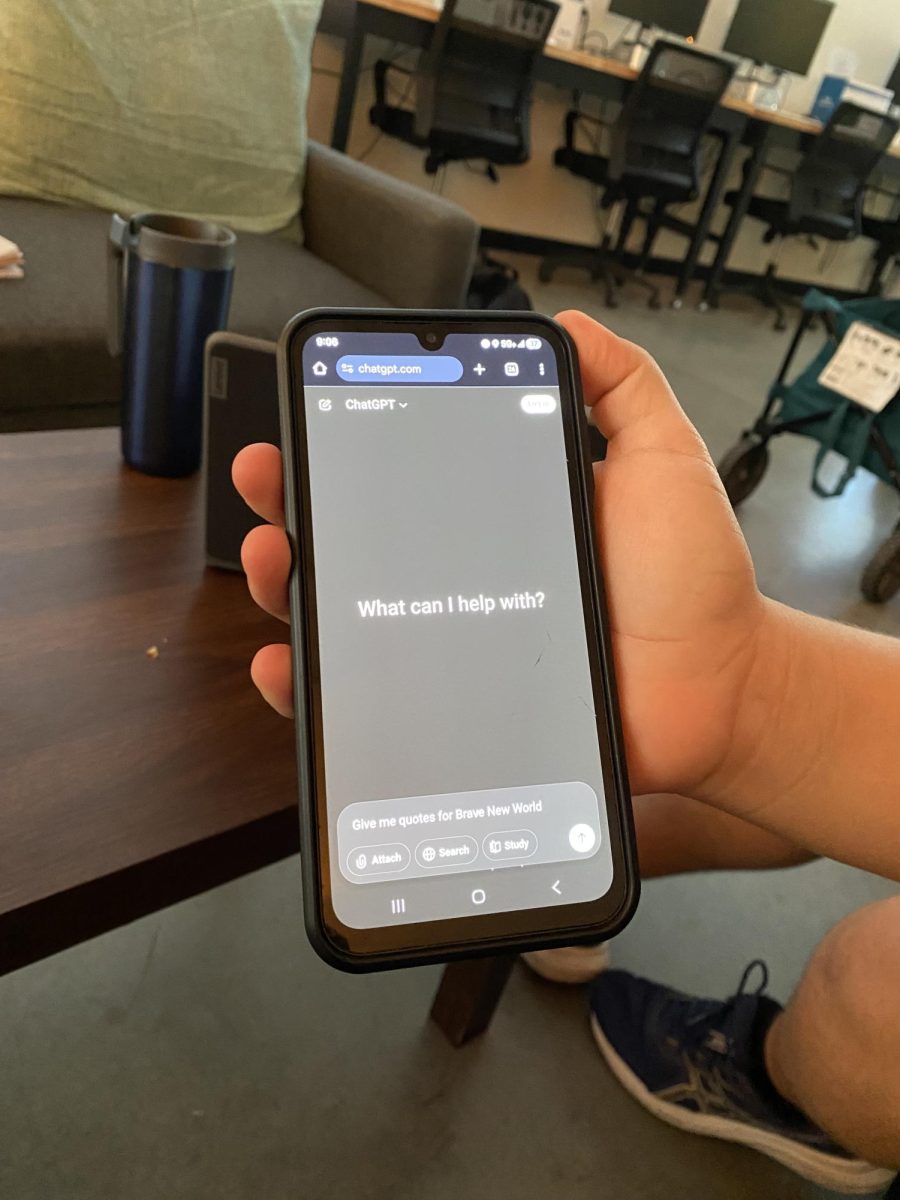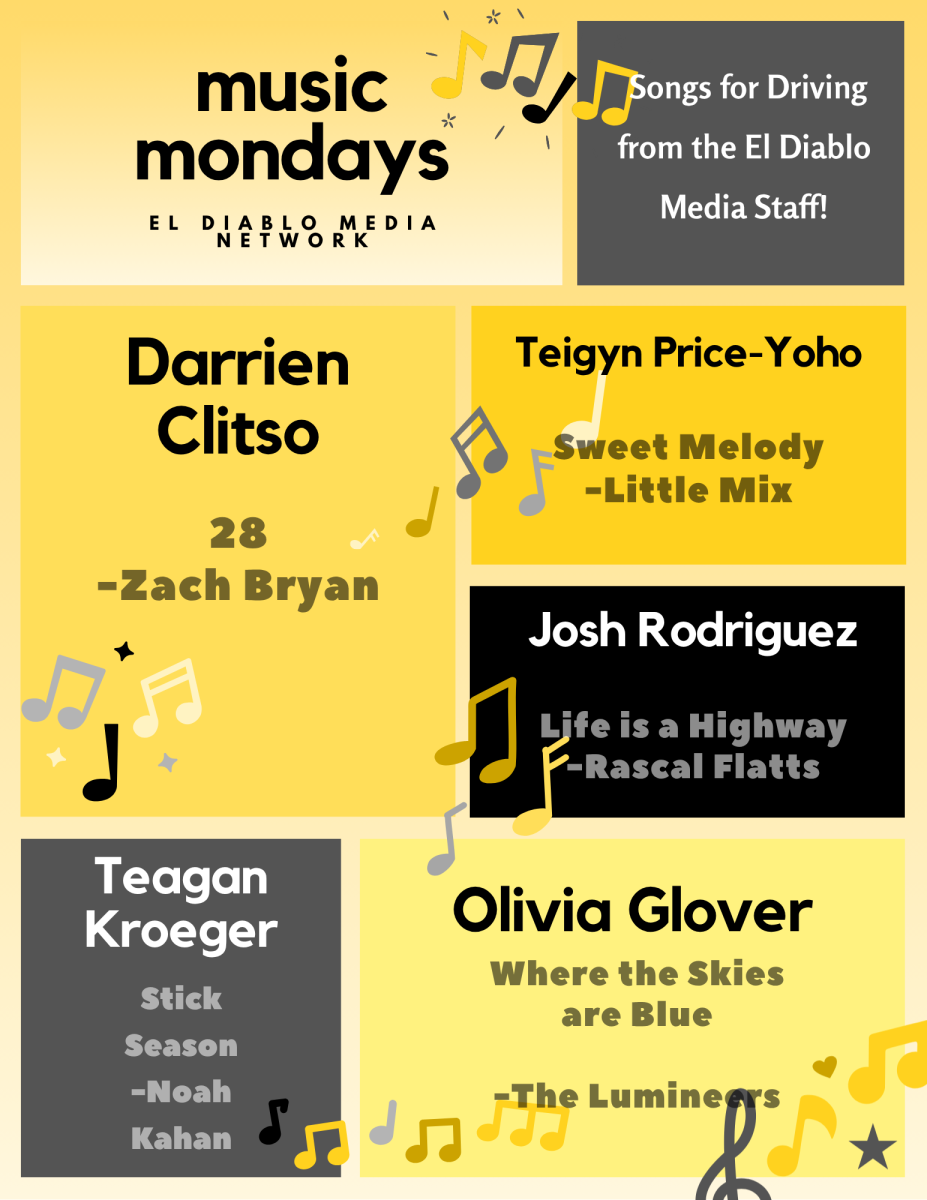TikTok, a popular video-sharing app with more than 1 billion users worldwide, is now under intense scrutiny in the U.S. due to concerns about data privacy and national security. With Pew Research center saying there are 170 million monthly active users in the U.S. alone, and one-third of adults using the app- most of whom are under 30- TikTok’s rapid rise has been accompanied by growing controversy.
According to National Archives the app, owned by the Chinese company ByteDance, has found itself in the crosshairs of U.S. lawmakers. This year, tensions reached a boiling point when the U.S. government demanded that China either sell TikTok to an American company or face a potential ban. In April, the U.S. took the dramatic step of issuing an ultimatum: TikTok must either be sold or face a ban, raising fears that the app might be shuttered by January 19, 2025. Freshman Linzie Bidart said, “It’s a little upsetting because TikTok is a big part of how I stay entertained, and I use it for recipes and other things. But I’ve never really looked into the threats it poses.”
And although many students including Bidart said, “It’s easy to lose track of time. And I go to it when I don’t know what to do on my own or in public.” However freshman Helen Robson never had to deal with the tik tok addiction, “I’m glad I don’t have the app because I don’t get the point of watching random videos when I can do so many other cooler things.”
TikTok’s potential ban has sparked backlash, especially among younger users, who are some of the app’s most devoted fans. Many TikTok users filmed themselves making phone calls to Congress, pleading for the app to remain accessible. While TikTok’s addictive nature and algorithm-driven content have made it a favorite among millions, it has also raised alarms about its data collection practices.
One of the most troubling concerns for lawmakers is the sheer volume of data TikTok collects. The source Wired says the app tracks everything from users’ locations and search histories to their device information, content preferences, and even the content of their messages. In fact, TikTok can reportedly gather face and voice prints from videos users upload, potentially revealing a startling amount of personal information. Some experts argue that TikTok’s algorithm is so sophisticated it could even deduce personal traits like age, gender, and interests without users ever explicitly sharing them. Senior Elin Mischler said, “Personally I don’t have tik tok, but it’s kinda scary the information they could access if they want to, it makes me glad I don’t have it.”
While there is no direct evidence that China has used TikTok to spy on Americans, many fear that the app’s data could be exploited by the Chinese government. In fact, a recent report noted that the Chinese government could use TikTok’s data to uncover vulnerabilities in individuals, potentially aiding in espionage or blackmail efforts. This possibility has fueled widespread anxiety about the app’s security risks.
Interestingly, TikTok has tried to distance itself from its Chinese roots by launching “Project Texas,” a plan to store U.S. users’ data on American servers managed by a third-party U.S. company. According to AP news this initiative has faced skepticism, with some claiming that it has been more of a symbolic gesture than a concrete solution. One former employee described the project’s data protection efforts as “a wink and a nod,” signaling the uncertainty surrounding TikTok’s true commitment to user security.
The controversy surrounding TikTok isn’t new. Concerns about the app’s ownership and security surfaced as early as 2020, when former President Donald Trump signed an executive order demanding that TikTok be sold to an American company, like Microsoft. However, that order was never enforced, NPR said courts later found that Trump had overstepped his authority in trying to ban the app through executive action.
Despite these past challenges, TikTok has continued to grow, finding a massive audience during the COVID-19 pandemic when people spent more time at home. But as its influence has grown, so has the scrutiny from U.S. lawmakers. A law passed earlier this year, which seeks either to ban TikTok or force its sale, passed in Congress with an overwhelming vote of 352 to 65.
Emily Blaker-White a reporter for Forbes researching the app, said a significant portion of lawmakers’ concerns stems from the app’s data collection practices and the kind of content it promotes. A number of critics argue that TikTok’s algorithm is disturbingly effective at gathering insights into users’ personal lives, a feature that could be leveraged for malicious purposes. TikTok, critics say, knows the device you are using, your location, search history, and even your preferences in ways that seem almost too precise.
Additionally, there are fears that the app could be used by the Chinese government to promote propaganda or suppress content deemed unfavorable to the regime. TikTok has faced criticism for censoring topics like the Tiananmen Square protests, the Hong Kong democracy movement, and other politically sensitive subjects. Blaker-White in an interview with NPR put it, “China can use this power to push forward propaganda and bury content that makes them look bad.”
The privacy debate surrounding TikTok is further complicated by the fact that other social media platforms, including Meta (Facebook, Instagram) and Google, collect data on users- often on an even larger scale than TikTok. These companies, however, have not faced the same level of public scrutiny, despite their own data-mining practices.
In the end, much of the information about the true extent of TikTok’s data collection and potential security risks remains confidential, withheld from public view by Congress. As one lawmaker put it, “At the end of the day, they have not seen what we have seen.” But without more transparency, it is impossible for the public to fully grasp the extent of the potential threats.









